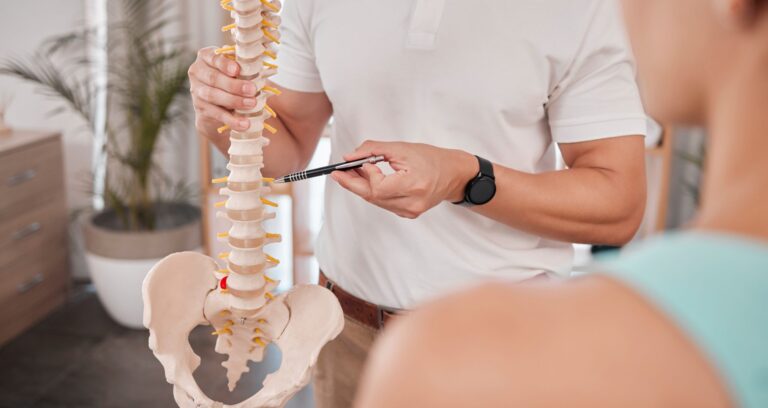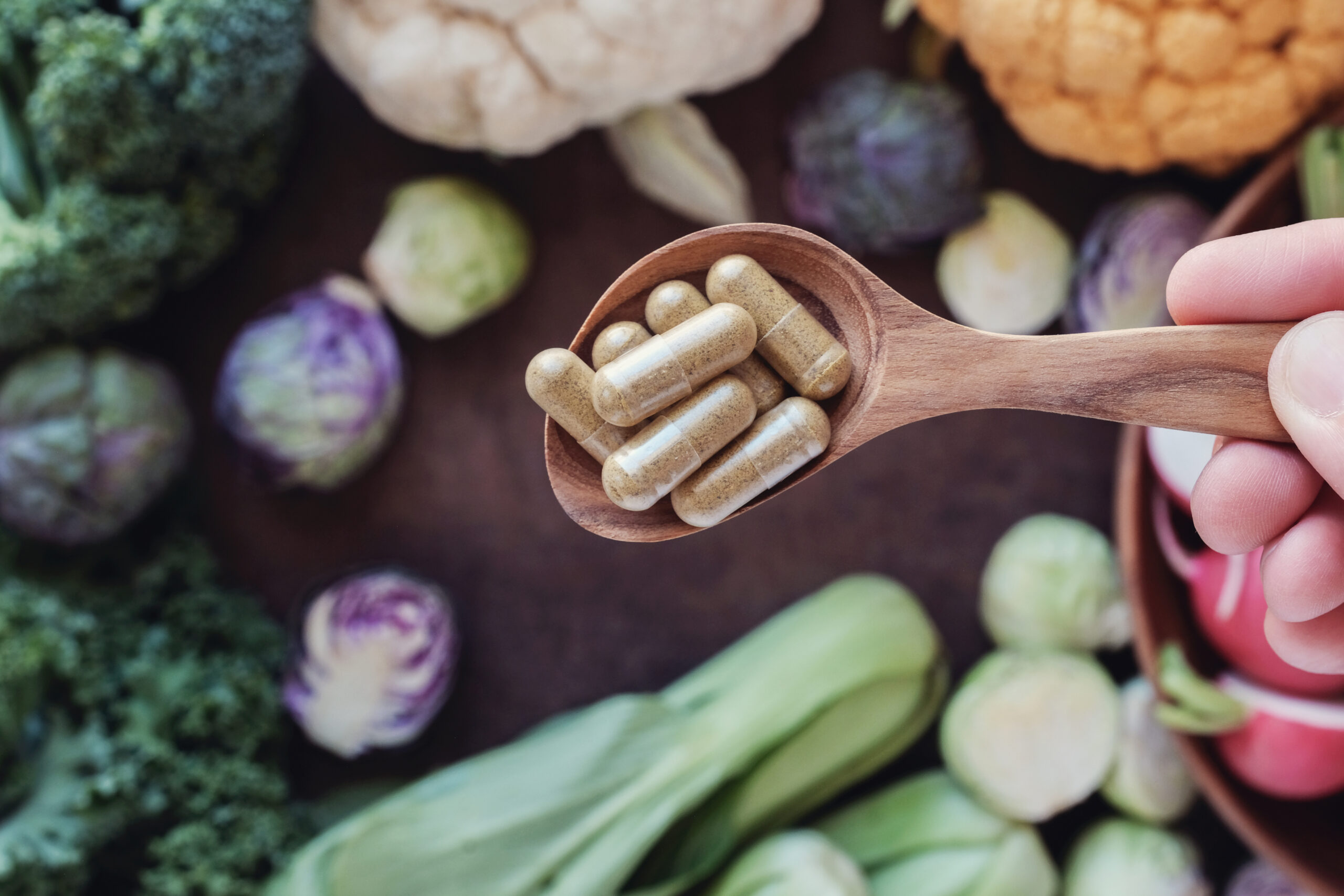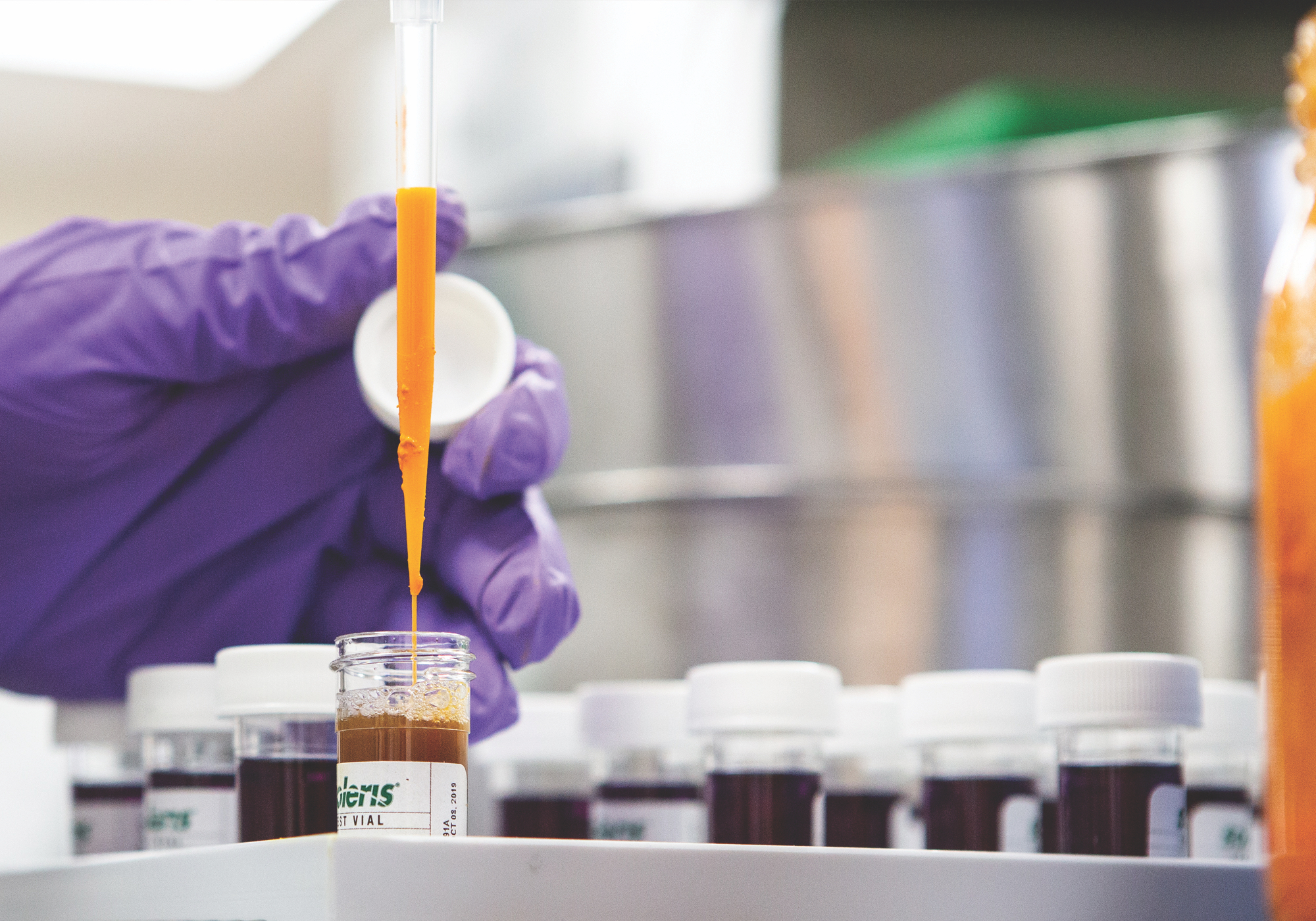Scientific name:Lycopus virginicus
Constituents:
- Phenolic acid derivatives (caffeic, rosmarinic, euroabienol, chlorogenic, ellagic & luteolin)
- Volatile oil
- Bitter principle
- Manganese
Medicinal actions:
- Anti-hyperthyroid
- Astringent
- Bitter
- Diuretic
- Nervine relaxant
- Peripheral vasoconstrictor
Mechanism of Action & Pharmacology:
- Phenolic compounds may decrease LH, inhibit TSH from binding to the thyroid, and inhibit peripheral T4 conversion to T3 by liver cells, presumably as a consequence of a reduced peripheral T4 deiodination.
- Inhibits iodine metabolism and thyroxine release from the thyroid gland.
- Rosmarinic acid, luteolin, and euroabienol appear responsible for antimicrobial effects.
Pharmacy:
- Tincture
- Capsules
- Note: alcohol extract appears to be the most efficacious preparation as it maximizes the amount of phenolic compounds (constituents associated with the anti-thyroid activity)
Safety & Toxicity Concerns:
- Avoid in Hypothyroidism, pregnancy & lactation.
Interactions:
- May interfere with thyroid hormones and/or radioactive iodine by altering the regulatory metabolism of thyroid hormones (theoretical).
- Radioactive iodine may interfere with administration of diagnostic procedures using radioactive isotopes.
- Thyroid hormones should not be administered concurrently with preparations containing thyroid hormone.







